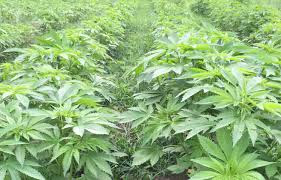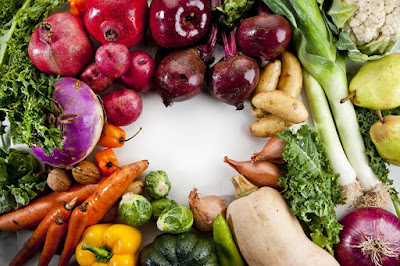Gardening is a great pastime to
take up; it takes you outside, helps to burn calories, and produces satisfying
results. Whether you are searching to grow some scrumptious produce or stunning
flowers, these tips and tricks for beginners will get you start on the correct
note:
- Do not worry about finding an appropriate plot in your backyard; just start a container garden anywhere you would like. Apart from this way you can make sure the soil is lush and easily stop wild plants! You will be more expected to abide throughout with your gardening in case your container garden is next to your window or back door you use frequently. First start small, then work your way up to a larger garden.
- Some plants grow in shade, while others need sun, and some need both shade and sun. The best thing that you can do is place your container garden on trolley or wheels, so you can move it around in the event your chosen spot does not get as much sunlight as you thought of.
- Make sure the container that you are using has excellent drainage and soil option, which means lots of manure! Composting is simple, just put aside your food misuse, particularly coffee pounds, egg shells, and fruit peels! Creating appropriate drainage is also very convenient. Make sure that your container garden has gaps in the bottom, and then line the bottom of the container with a coating of rocks.
- If you want to succeed with your garden you need to plant the correct kind of plants, at the correct time. You can check at the United States Department of Agriculture's plant hardiness zone map. When you have confirmed that your plants will grow in your zone, ensure you plant them at the correct time of year! Be sure to also check the seed's information, it will probably be spring or summer.
- Make sure to offer young plants lots of irrigate, but at all times stay away from wetting the leaves of the plants! Wet leaves can lead to rot, mold, and an unwell plant easily! As your sprouts develop, keep in mind that the general rule of thumb is to offer plants an inch of water per week. Be on the watch out for yellow leaves that means extra water!
- Some plants are known to grow easily than others. If looking for easy-to-grow produce, then peppers, tomatoes, chard, onions, basil, and bush beans are the best. Easy to maintain and grow flowers include sunflowers, clematis, foxglove, dahlia, petunia, roses etc.
- Trimming and pruning your plants enables for enhanced air circulation and fewer leaves to spill water on















